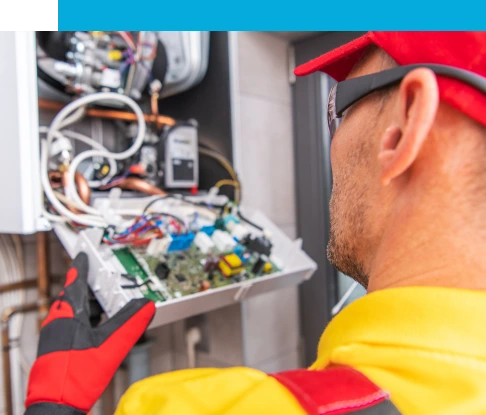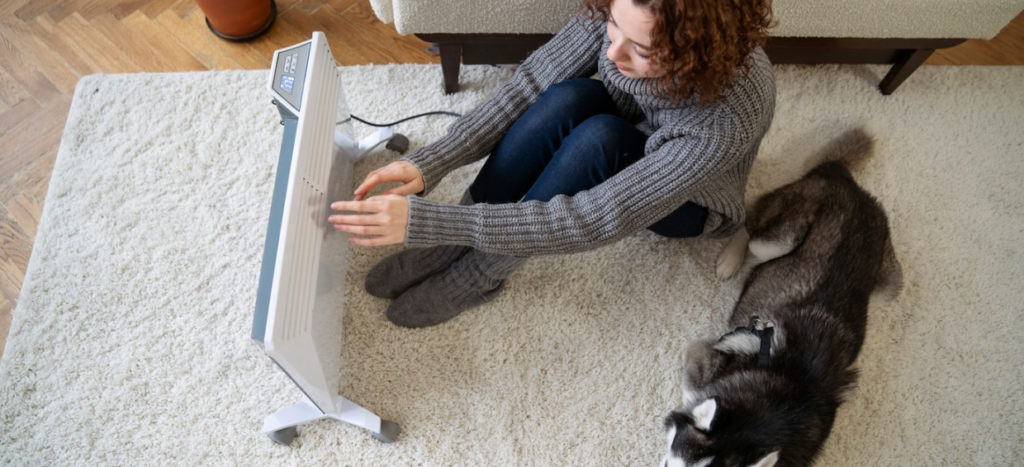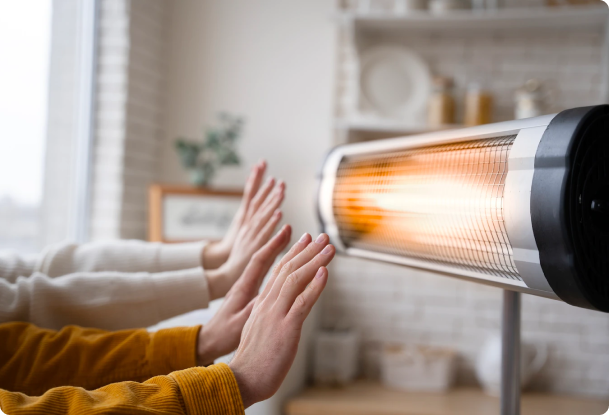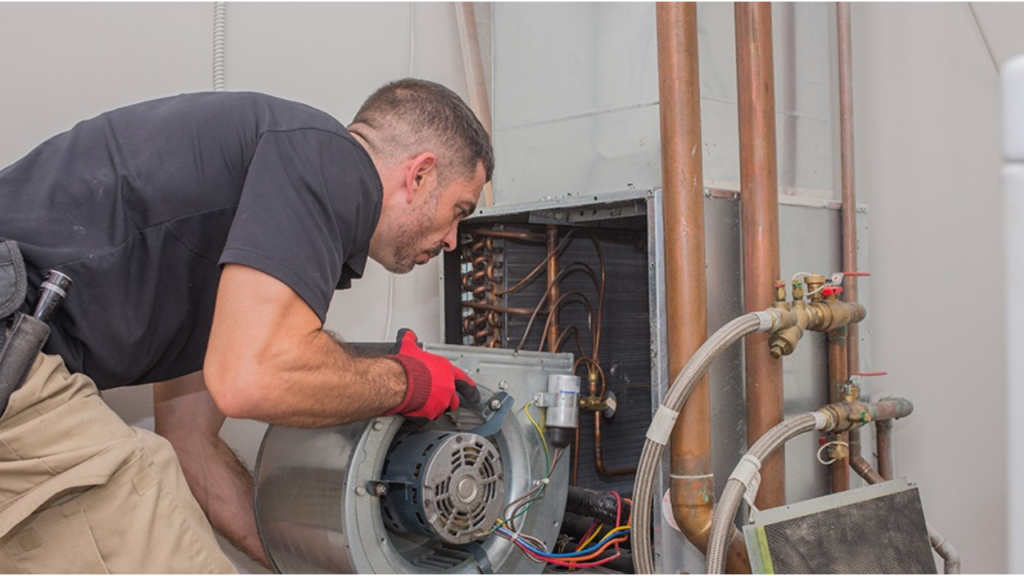In a world full of plug-ins and adaptors, it’s hard to know where to start when choosing your next energy source. But which system is better? An electric heat pump or traditional heaters? Does one system cost more or less than the other? How do they differ? Depending on your situation, you could also end up saving money while being eco-friendly with one option over the other.
As the weather gets colder, it is becoming increasingly popular for people to invest in an electric heat pump Installation Services over a traditional heater. However, before you make this decision, you need to know what the pros and cons are of an electric heat pump over standard heaters.
The benefits and drawbacks of any product should first be weighed to understand what is happening, why it is happening, and how you can improve upon it. The electric heat pump is no different. We will now be reviewing what makes it such a beneficial heating option for our homes, as well as outlining its shortcomings.
What Is an Electric Heat Pump? How Does It Differ From Traditional Heaters?
An electric heat pump is a great way to heat your home. It’s an efficient, low-emission way to heat your home and is better than traditional heating systems. Using an electric heat pump, you can reduce your carbon footprint while saving money on your heating bills.
As per various reports, by the year 2030, 90% of the U.S. population will live in a climate that is less than 60 degrees Fahrenheit. This means that traditional heaters will become less efficient and more expensive to maintain as more people want to control their heating and cooling costs, which can exceed $500 a year on average. When it comes to weatherization and retrofitting buildings, these types of devices are preferred over conventional heating methods due to their energy efficiency and controllable temperature settings.
There Are of Benefits to Using an Electric Heat Pump Over Traditional Heaters.
- Electric heat pumps use electricity to heat water, which is much more efficient than using gas or oil. Because they use electricity and not gas or oil, electric heat pumps are more environmentally friendly.
- Many models allow you to adjust the temperature of your home to achieve the perfect temperature for you and your family. This can be especially helpful for those who suffer from seasonal allergies or other health conditions that require them to have their home at a specific temperature..

- The most important benefit of an electric heat pump is that it requires little maintenance and can be monitored remotely, making it convenient for owners
- Electric heat pumps are generally more efficient than traditional heaters. They also use less energy and are more powerful, so they typically cost less to run.
- Electric heat pumps are environmentally friendly and do not produce carbon monoxide or other pollutants when they are in operation.
- Electric heat pumps have many different features that traditional heaters do not have. For instance, some models allow you to set up a schedule so that they will turn on and off automatically when it gets too hot or cold outside so that they won’t run all day long when you’re away from home.
- Electric heat pumps tend to be quieter than traditional ones because they don’t use fans or blowers as most other heating systems do; instead, they rely solely on electricity.
- Electric heat pumps can be installed in existing homes, whereas traditional heaters require a new installation .
- Electric heat pumps provide better comfort than traditional heaters because they use less energy and require fewer maintenance procedures. They provide instant heat when you turn on the switch, rather than having to wait for it to warm up.
- Electric heat pumps use electricity to generate cold air that is then used to create warm air inside your home. This process takes only a fraction of the time it would take with traditional methods, so you save money in the long run while maintaining comfort all year round.

What Are the Drawbacks of Using an Electric Heat Pump?
An electric heat pump will use more energy to warm up a room than traditional furnaces or oil-fired furnaces.
Cons
- Electric heat pumps are expensive and require spending money for installation and maintenance. However, this expense can be offset by the fact that they will last longer than traditional heaters and require less servicing over time.
- The electric field used by most electric heat pumps produces very high levels of ozone gas when compared to traditional heaters as well as other types of electrical equipment such as microwaves, televisions, and computers – this means that if left on at night then those inside your home.
- The biggest drawback of using an electric heat pump is that it has a smaller heat capacity than other heaters. Electric heat pumps are not as effective at heating large spaces as conventional heating systems. This can be problematic if you have a home with many rooms that need to be heated quickly or evenly.




